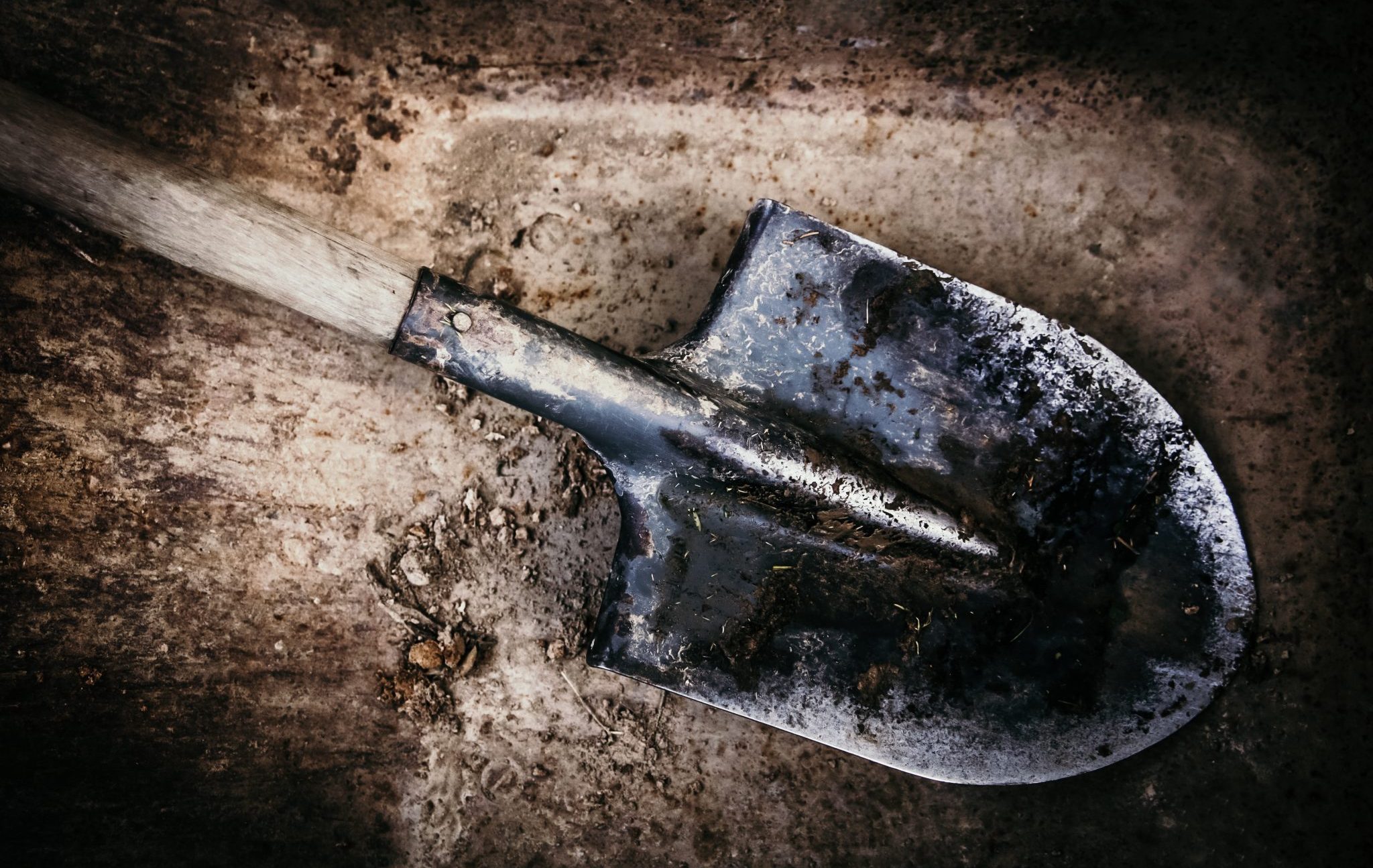A Letter to the Exiled

The words of Jeremiah 29 struck me differently when I heard them proclaimed in church last Sunday.
Grace Olmstead must have been on the mind, and her August newsletter, which encouraged subscribers to “live like perennials”—to plant flowers, even if you know you won’t be there to see them blossom. In other words, bloom where you’re planted.
Jeremiah, it seemed, had Olmstead on the mind, too.
This is what the Lord Almighty, the God of Israel, says to all those I carried into exile from Jerusalem to Babylon: “Build houses and settle down; plant gardens and eat what they produce. Marry and have sons and daughters; find wives for your sons and give your daughters in marriage, so that they too may have sons and daughters. Increase in number there; do not decrease. Also, seek the peace and prosperity of the city to which I have carried you into exile. Pray to the Lord for it, because if it prospers, you too will prosper.”
Over and over, the instructions all point to the same end: to the exiles in Babylon, live with permanence. Plant your perennials. Your prosperity is tied to your earthly city.
The message is as relevant to conservatives in the big blue cities as it was to the children of Israel in exile.
There is a tension between holy living and wholly living in a corrupting environment. As religious people in a secular world, sometimes it can feel like we’re living in exile, too. In our desire to preserve holiness, we retreat from the culture that pushes opposite our strongest convictions. Earlier generations escaped out west, and thousands of conservatives today are itching to do the same, if they haven’t already (#metoo). Every man has a point at which he’ll go Benedictine. Yet we find ourselves in places we didn’t expect, for longer than we want, and for reasons we can’t control.
To the conservatives in exile (I include myself in this list), a rallying cry: either plant some seeds, or hit the road.
It’s time to build that community we keep talking about. We can start by talking with people on the Metro instead of staring at our phones. We can continue by having dinner with people we disagree with. Maybe we can’t start a garden in our apartment complex, but we can find a local farmers’ market and get to know the man who sells us peaches—actually get to know him, beyond a simple greeting. We can build up our apartments as if they are real homes, places of hospitality and warmth, rather than just a place to crash at the end of a workday. Planting seeds of permanence means being uncomfortable, at first, spending time with different people in different places when it’d be easier to go home on the weekend.
Beneath our dreams of conservative enclaves in Idaho, or the desire to see the wild, untamed land that exists beyond the concrete casket of the American metropoles, is a desire to do something worthy—to change something—the same dream that keeps young blood returning to the dying carcasses. We come to cities with dreams of culture, but what we get more often is culture shock, and it’s tempting to retreat to the places we know.
But an attitude of permanence in a city of transience isn’t just rebellious and cool, it’s necessary.
“Increase in number there; do not decrease.”
If we’re not building culture, we’re ceding it, and we’re the ones who claim to care about that sort of thing, after all. It takes work to build something permanent, but the alternative is to leave the next generation a place even more hostile. We’d better be increasing in number, not diminishing.
Planting a garden in Sodom is not what most of us expected to be doing. But the one who sows sparingly reaps sparingly. So grab a shovel and start digging.
Comments